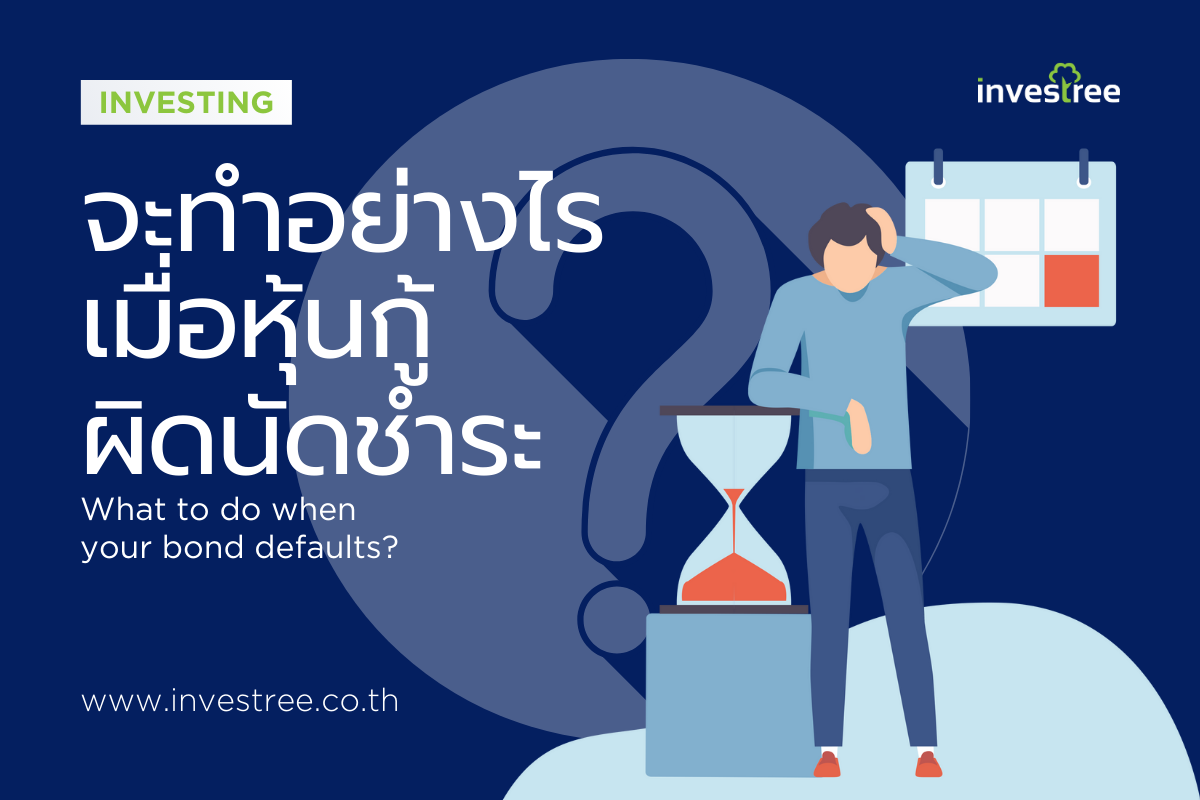Stocks vs. Bonds: Understanding the Key Differences
Stocks and bonds are both investment options, but they have several key differences.
Here are four main differences between stocks and bonds
Ownership
When you purchase a stock, you become a part owner of the company that issued the stock. When you purchase a bond, you become a creditor of the issuer.
Return on Investment
Stocks generally do not provide a steady stream of income, as their returns are typically realized through capital gains (an increase in the stock's value) or dividends (a portion of the company's profits distributed to shareholders). However, some companies may not pay dividends, so the potential for income from stocks can vary significantly.
Bonds on the other hand, typically provide a fixed stream of income through regular interest payments. The interest payments are based on the bond's coupon rate, which is a percentage of the bond's face value. Bondholders receive these payments on a regular basis until the bond reaches maturity and the principal is repaid.
Risk
Stocks are generally considered to be riskier than bonds, primarily because their value can fluctuate more dramatically based on factors such as company performance, economic conditions, changes in the industry or market, and investor sentiment. In some cases, stocks can experience significant losses in value, leading to a decline in an investor's portfolio. However, stocks can also experience significant gains in value, leading to higher potential returns for investors.
Bonds on the other hand, are generally considered to be less risky than stocks because they offer a fixed rate of return and are typically backed by the issuer's ability to pay. However, the risk associated with bonds is primarily related to the creditworthiness of the bond issuer. If the bond issuer defaults on the bond, the bondholder may not receive the full principal or interest payments they were promised.
Maturity
Stocks do not have a maturity date, so there is no set time period for how long you can hold onto a stock. An investor can hold onto a stock for as long as they choose, and the stock may continue to appreciate in value over time.
Bonds on the other hand, have a maturity date. This is the date on which the bond issuer must repay the bond's principal to the bondholder. This can be several months, years, or even decades in the future, depending on the specific terms of the bond. This means that an investor who buys a bond can only hold onto it until its maturity date, at which point they will receive the principal back.
Overall, the decision to invest in stocks, bonds, or a combination of the two will depend on an individual's financial goals, risk tolerance, and investment strategy. It's important for investors to carefully consider the potential risks and rewards associated with each investment option before making a decision.






